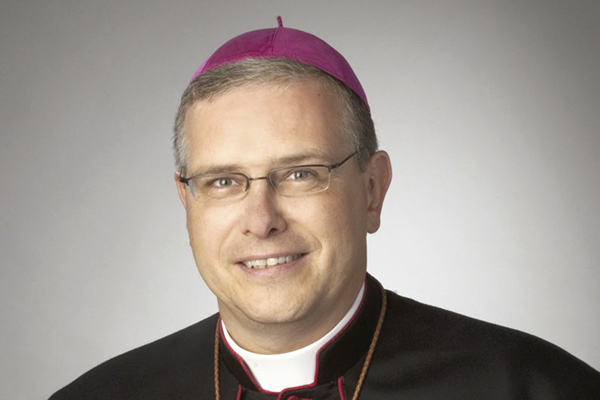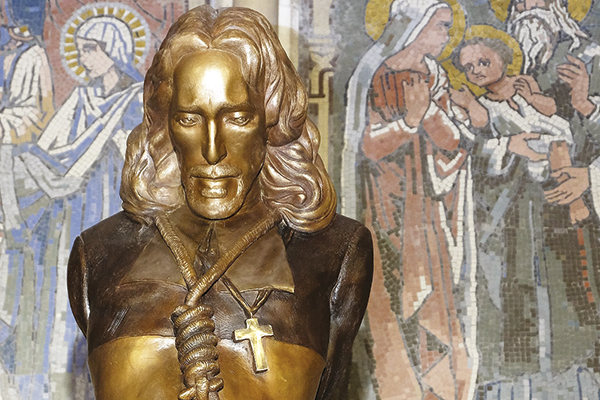In the lead up to the 6-27 October Synod on the Amazon, initiatives are springing up to take advantage of the anticipated global focus on the region.
A new Catholic communications project is one of the new platforms being offered to indigenous people. A spokesperson for the Karipuna people, who live in Brazil’s northern state of Amapá, recently highlighted in a short video the community’s defence of their lands and its fears about mining companies.
Interviewed by Voice of the Amazon, a project of the Pan-Amazonian Ecclesial Network – Repam – and other Catholic entities, Simone Karipuna reported on how indigenous groups were combining to challenge a recent Brazilian government decree that permits mining in their National Reserve. “If we allow our territory to be occupied by mining companies, it will create a precedent for them to enter any community,” she said, “and that would mean death for us.”
One of the most eye-catching projects, which has gained attention in Brazil’s secular media, originates in the Diocese of Óbidos, in the northern state of Pará. Headed by German bishop Bernardo Bahlmann, OFM, the diocese has built a boat that will navigate the Amazon River for about 1,000 kilometres, offering permanent health and spiritual care to 11 communities, or about 700,000 people. The boat is manned by both health professionals and religious missionaries.
The idea for the “Hospital Boat Pope Francis” came up in a meeting between Pope Francis and Brazilian friars, led by Fr Francisco Belotti OFM, in 2013. According to Bishop Bahlmann, the long distances of the Amazonian region make it difficult for health care professionals and missionaries to reach communities. When someone is sick, they often resist taking a long journey for treatment, instead resorting to herbal remedies.
On 6 July, a large outdoor Mass celebrated the inauguration of the boat named after the Pope, in Óbidos. Initially, the boat will make 10-day expeditions from its base in Óbidos. It offers clinical assistance and has a surgical centre, a laboratory and nursery beds.
Meanwhile, Erwin Kräutler, emeritus Austro-Brazilian Bishop of Xingu, said in interviews with Austrian media on his 80th birthday that it was “almost a scandal” that Catholics in the 800 communities of the Xingu Prelature in the Brazilian Rain Forest could only receive communion two or three times a year because of the drastic shortage of priests.
He much hoped that as well as discussing environmental protection and the rights of indigenous peoples, the Amazon Synod would debate the ordination of “proven married persons”. The more usual expression, “viri probati”, was in his eyes “too gender specific”, he said.
Two-thirds of the 800 Catholic communities in the Xingu Prelature were presided over by committed women. “Why could one therefore not ordain these women and thus enable them to celebrate the Eucharist on Sundays?” he asked.
In a 11 July interview with the Catholic journal Gridatelo Dai Tetti, Cardinal Gerhard Müller criticised the Synod’s preparatory document. Müller said that Instrumentum Laboris had “an ideological vision that has nothing to do with Christianity”. “The Synod of the Amazon is a pretext to change the Church, and the fact that it is done in Rome [aims at] the beginning of a new Church,” said the former prefect of the Congregation for the Doctrine of the Faith.
18 July 2019, The Tablet
People of the Amazon start organising for Synod

 Loading ...
Loading ...
Get Instant Access
Subscribe to The Tablet for just £7.99
Subscribe today to take advantage of our introductory offers and enjoy 30 days' access for just £7.99

